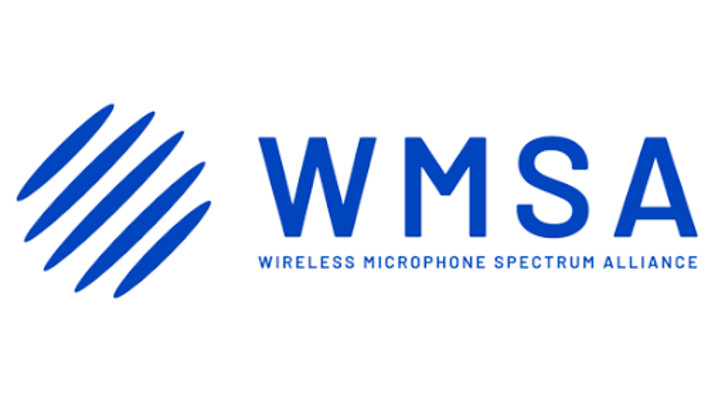Comcast agrees to pay feds $500,000 as part of consent decree terms
The professional video industry's #1 source for news, trends and product and tech information. Sign up below.
You are now subscribed
Your newsletter sign-up was successful
Comcast will pay the federal government $500,000 under the terms of a consent decree it entered with the FCC Enforcement Bureau Jan. 18 that ends the agency’s investigation into the company’s compliance with the closed-captioning pass-through rule.
Comcast is required to make the payment to the U.S. Treasury within 30 days of the date upon which the bureau releases the adopting order giving the bureau’s final approval of the provisions of the decree.
Under the terms of the order, Comcast also agrees to live by the terms of a compliance plan. The plan calls for Comcast to conduct a review of its procedures for testing equipment to ensure compliance with the commission’s closed-captioning pass-through requirement within 120 days of the date the order becomes effective. Comcast also agreed to make all changes required to comply with the rule within 60 days of completing the review.
The decree also requires Comcast to report to the commission any non-compliance with the decree or the closed-captioning pass-through rule within 30 days after its discovery or violation. Incidents involving individual set-top boxes are exempt from the requirement as long as the incident isn’t part of a pattern suggesting problems with the model of the set-top box.
Additionally, an officer acting as an agent of Comcast is required to file a compliance report with the commission one year after the effective date of the decree and another report two years after the effective date stating the officer personally knows the company has established operating procedures aimed at complying with the decree. The report must also state the officer has personal knowledge that Comcast has used the procedures during the term of the decree and that the officer knows of no incidents of non-compliance that have not been disclosed.
The Enforcement Bureau investigation of Comcast for non-compliance began April 20, 2010, when it issued of letter of inquiry regarding the company’s compliance with the closed-captioning pass-through rule.
The professional video industry's #1 source for news, trends and product and tech information. Sign up below.
